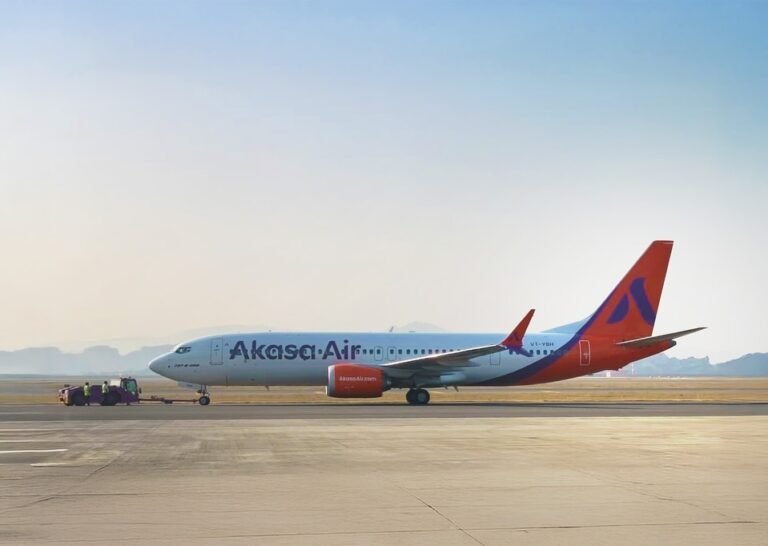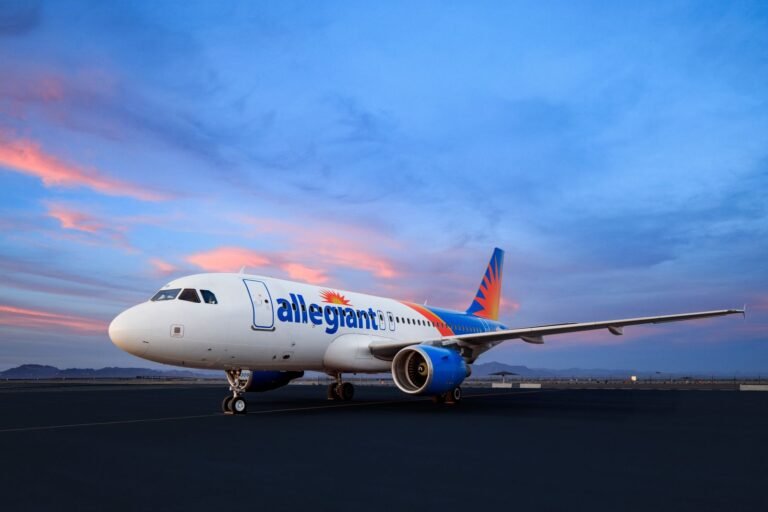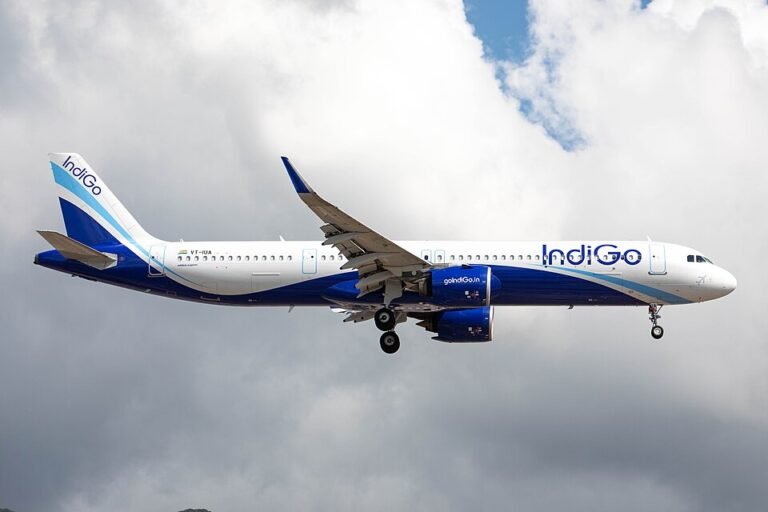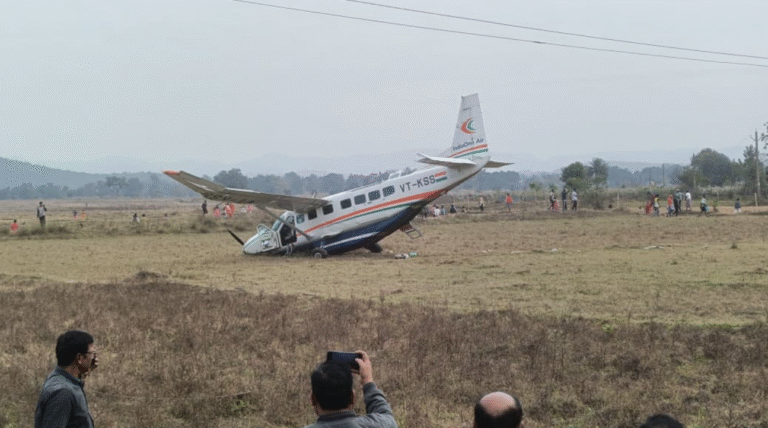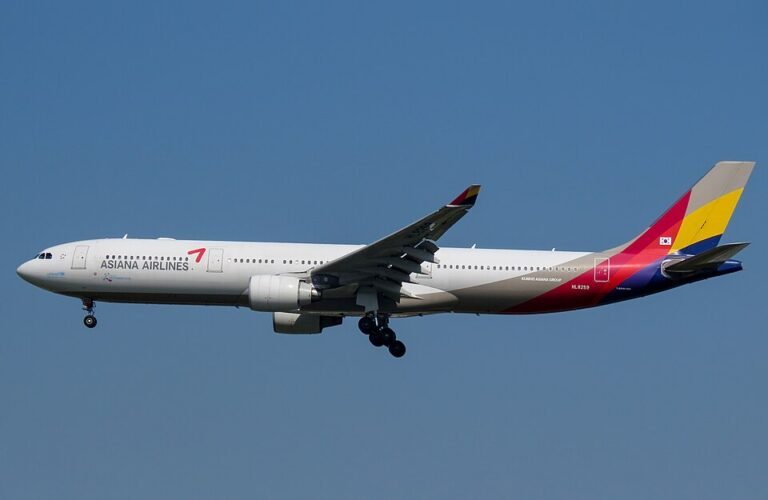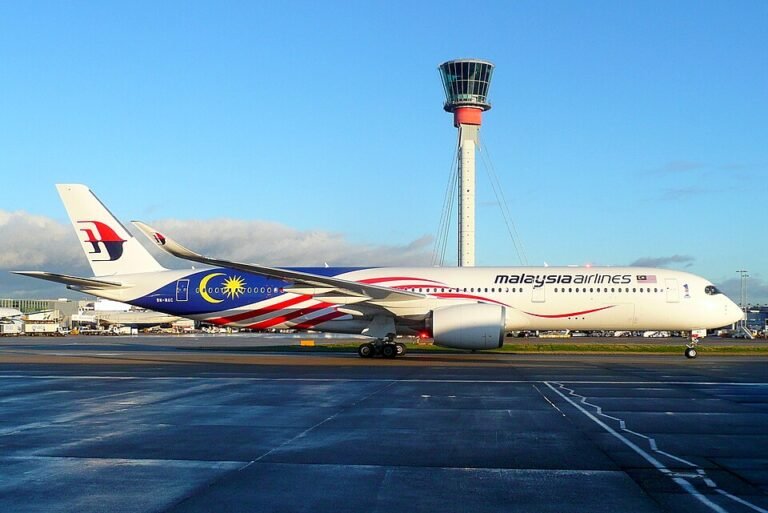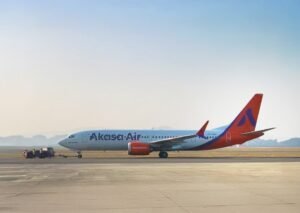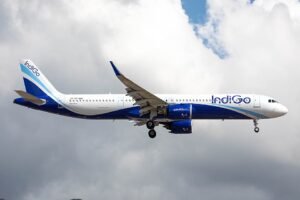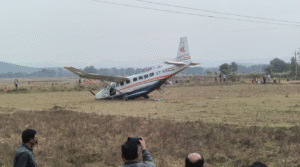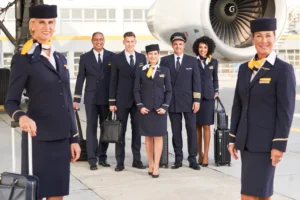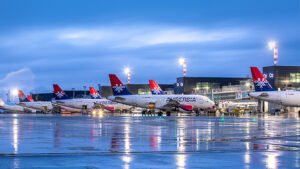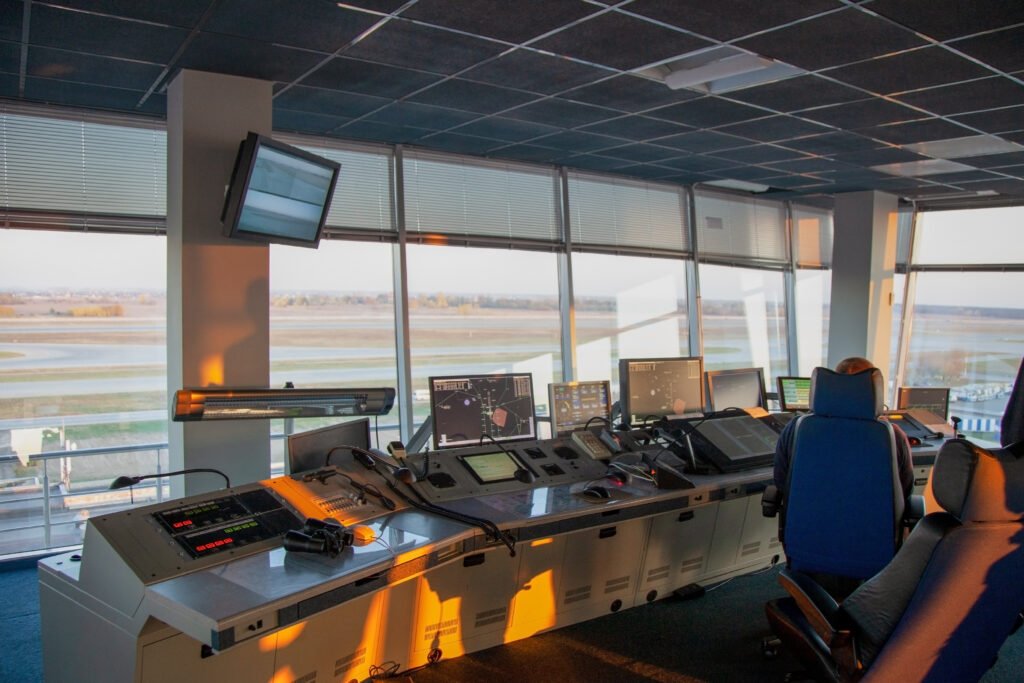
Washington, United States: The ongoing U.S. government shutdown has entered its fourth week, leaving nearly 13,000 air traffic controllers working without pay and prompting hundreds to take on second jobs to cover essential expenses. The situation, aviation unions warn, is beginning to pose serious risks to both air safety and system reliability.
According to a Reuters report, controllers across the country have turned to gig work such as food delivery, tutoring, and ride-sharing as paychecks remain frozen. The Federal Aviation Administration (FAA) confirmed that controllers remain on duty under essential service provisions, but union officials said morale and focus are deteriorating under the strain.
“Instead of being focused on saving lives, controllers are now focused on what job they can work on to put food on the table. The layers of safety are being stripped away,” said a spokesperson for the National Air Traffic Controllers Association (NATCA).
On October 6, the Federal Aviation Administration (FAA) began furloughing nearly 11,000 employees as the U.S. government shutdown took effect, forcing the suspension of several administrative, certification, and training activities across the national airspace system. However, nearly 13,000 air traffic controllers were classified as essential personnel and directed to continue working without pay to maintain operational safety and manage daily air traffic nationwide.
The FAA stated that while air traffic operations remain functional, prolonged funding delays could seriously impact maintenance schedules, certification processes, and workforce morale. Aviation experts have warned that the shutdown could worsen the agency’s existing staffing shortage and heighten the risk of flight delays and fatigue among controllers if it extends further.
The strain is visible across U.S. airports, where flight delays and cancellations are mounting. FAA data showed that controller absences accounted for nearly 44% of delays on Sunday and 24% on Monday, far above normal rates. Thousands of flights were delayed nationwide earlier this week, with the hardest-hit hubs including Atlanta, Chicago, and New York.
The FAA’s chronic staffing shortage already short by around 3,500 certified controllers before the shutdown has compounded the problem. Training programs have been halted, further widening the gap. Aviation analysts warn that even a short disruption could have a lasting impact on recruitment and retention.
“Controllers were already overworked and fatigued,” said an FAA official.“The shutdown is pushing some of our best people to reconsider their careers entirely.”
Despite the escalating crisis, the White House and Congress remain deadlocked over funding legislation. The FAA has stated that flight safety remains its top priority, but NATCA has cautioned that the combination of fatigue, stress, and financial insecurity could undermine the system’s resilience.
More than 11,000 controllers have now missed multiple paychecks, while support staff and training supervisors have also been furloughed. The union has called on the public and lawmakers to recognize the essential role controllers play in maintaining aviation safety and national infrastructure.
For now, NATCA and the FAA continue to coordinate shift coverage to avoid further disruptions, but unless funding is restored soon, experts warn that delays, fatigue, and safety concerns could deepen across the national airspace system.

